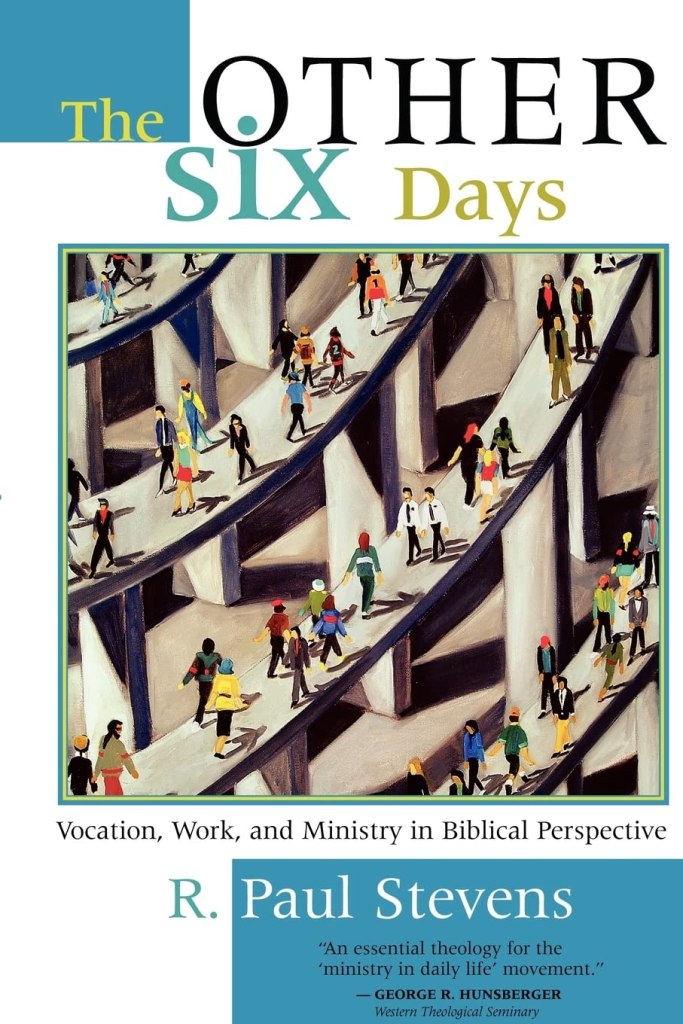R. Paul Stevens’ book, The Other Six Days: Vocation, Work, and Ministry in Biblical Perspective, unabashedly begins with an “outrageous proposal”: the abolition of any distinction between clergy and laity, since we are all one people called to serve God in ministry.
This is my response from the perspective of someone who has been actively engaged in what is traditionally known as “lay leadership” within the church at the local, regional and national levels. I am most interested in forming my thoughts around how I might serve better as a leader in church and, from there, understand its implications on my understanding of ministry, work, vocation and calling.
Read or download my response here.


